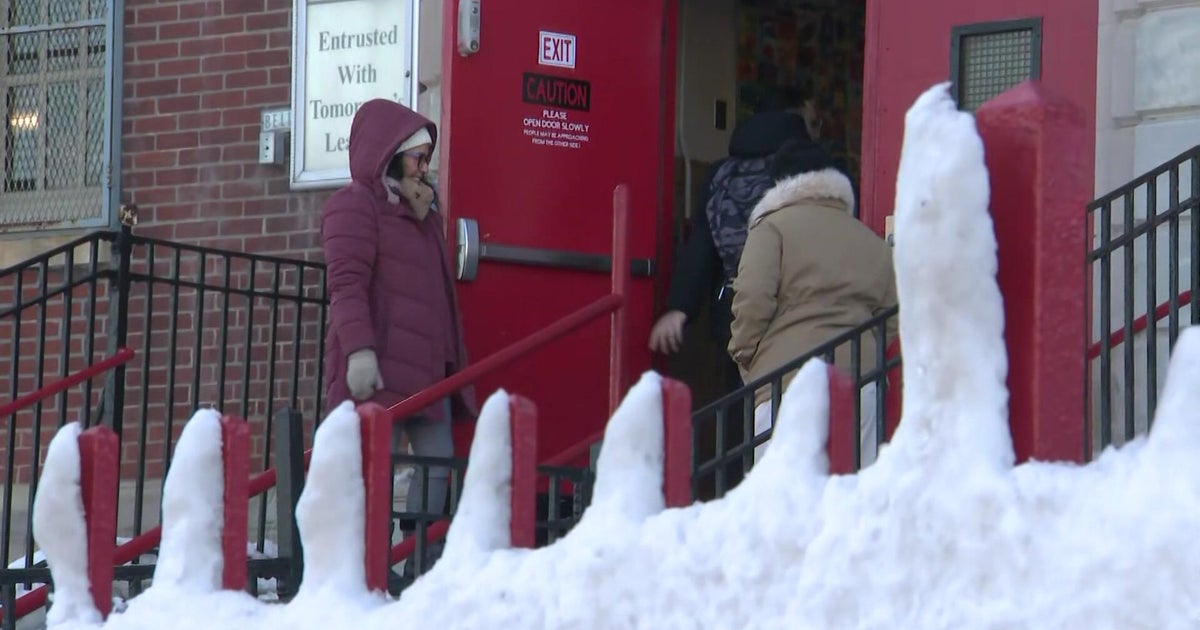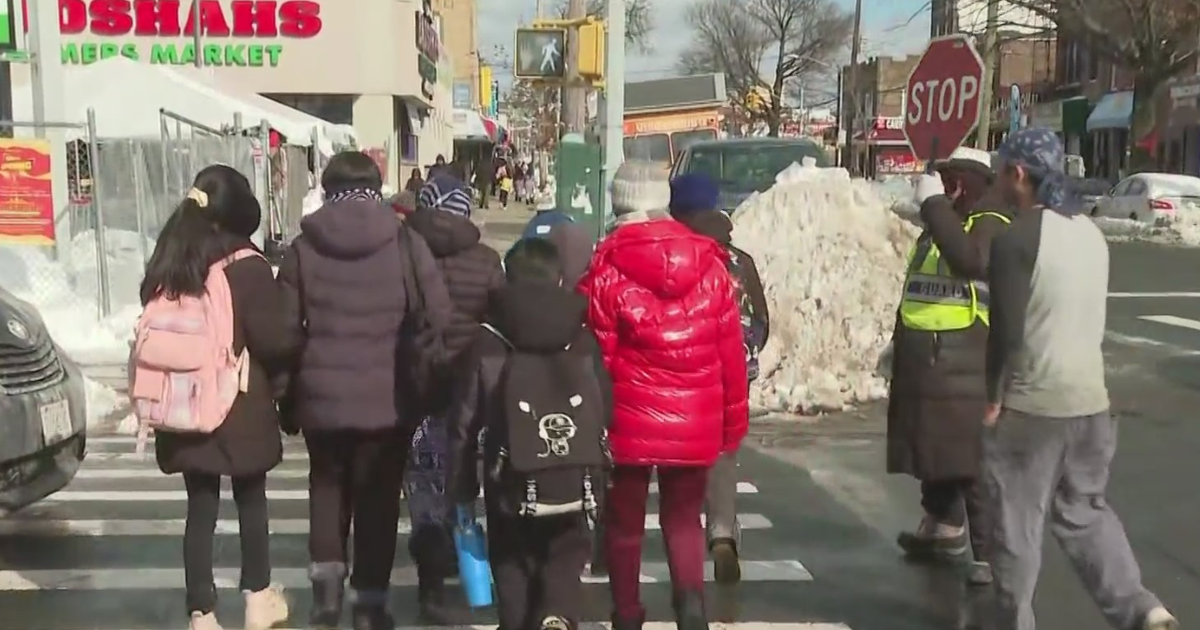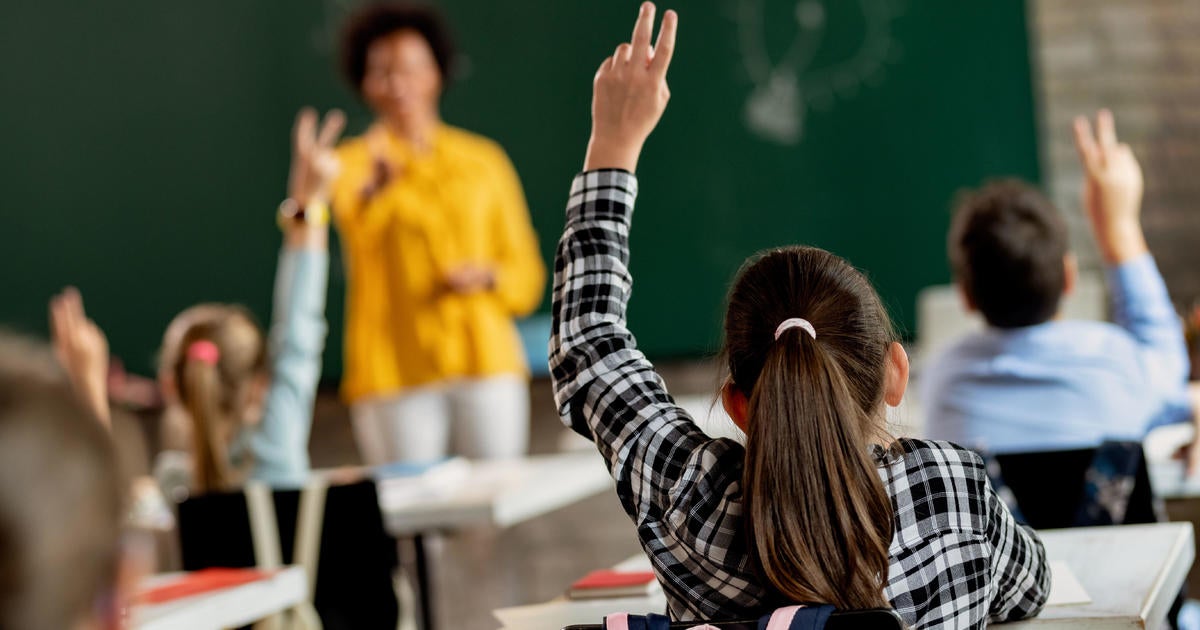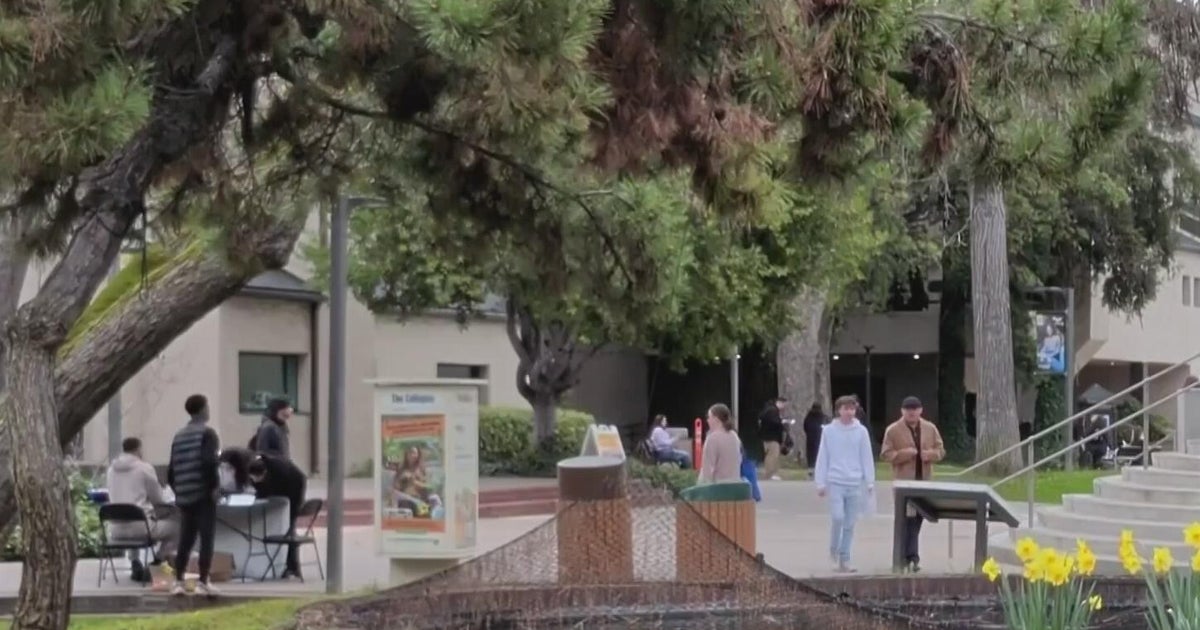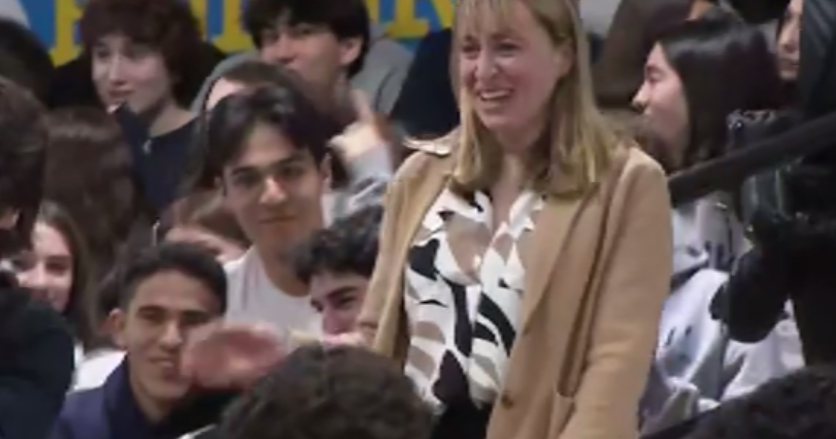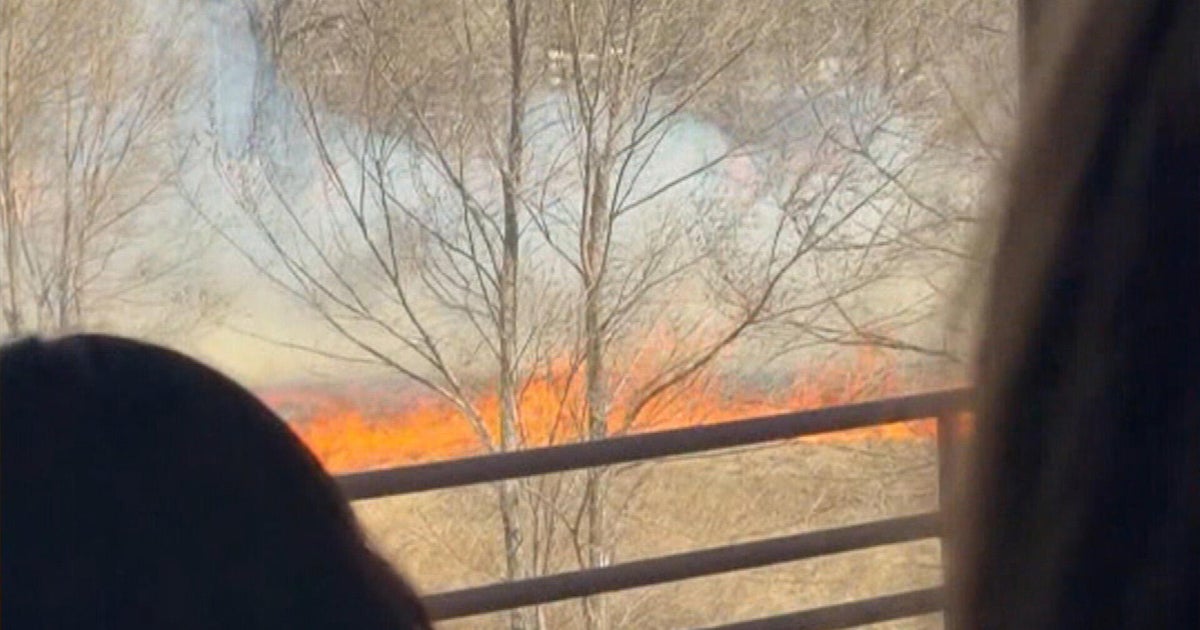Organizations across New York City studying climate change's varying effects on different communities
NEW YORK -- The climate clock in Union Square is a constant reminder to New Yorkers of climate change, counting down the critical time window to reach zero emissions, but the existential nature of the installation leaves some feeling more discouraged than motivated.
But there are some positive changemakers in the fight against climate change in our city.
New York Sun Works has brought light and greenery into schools with their hydroponic classroom model throughout New York public schools. Students at P.S. 147 in Bushwick are proud to show off their hard work in their lab - a space that grows fruits and vegetables using only water and light.
"We bring hydroponic technology into the classroom to teach sustainability, science and climate education to students from kindergarten through 12th grade. So we provide not only a hands-on approach to learning, but also a way to learn from a different perspective," said Executive Director of NY Sun Works Manuela Zamora.
"Despite the climate crisis, despite the poisoning of our waterways, our soil -- we don't have to sit hopeless," said P.S. 147 Principal Sandra Noyola, "This community has always been a healthy food desert."
This program is making a big impact, but the reality is not every New Yorker has this kind of access to learn more about the effects of climate change. New Yorkers don't all feel the effects of climate change the same way.
Johanna Lawton is a project manager at Rebuild by Design, a nonprofit organization that works to plan for the future with communities that are disproportionately affected by climate racism, among other things.
"This increased variability and extremes that we're having from climate change are disproportionately going to impact low-income communities and predominantly Black and Brown communities," said Lawton. "I always say that there's no such thing as a natural disaster. There is a natural hazard, combined with the underlying or preexisting conditions that were defined by decisions made, whether it be policies or urban planning that preexisted the event and created disproportionate inequities already in a community. And so when a climate shock or stressor occurs, we inevitably end up seeing these inequities magnified."
Jenille Scott is the climate director at Align NYC, a community organization working toward making the state more sustainable and trying to ensure New Yorkers have access to a clean environment to live, work and go to school in.
"When you're talking about climate change, you have to look at the history in terms of, when we talk about institutional racism. Many of the communities are Black, Brown, low-income people. So you might hear me say 'BIPOC,' sometimes these are communities that were zoned as industrial areas and they didn't get the investment. They didn't get, like, green, any sort of green spaces, anything like that. And so a lot of those polluting facilities are located in these communities where our schools are," said Scott.
From the data provided by Rebuild by Design and the CDC, we can look at how the various counties within the five boroughs compare to each other based on each county's social vulnerability, as well as FEMA's financial obligation to each county per capita in the event of a natural disaster.
"School buildings are areas that are on the front lines for, you know, climate change. So when there's a flood or when there's, you know, like extreme rain, earthquake, anything that happens, it's our schools that tend to be impacted. But also the infrastructure within those schools haven't been invested in for years. And so we are pushing to get investments for our schools across like New York City in order to get that like resilient infrastructure," Scott said.
Though this all may feel daunting, there are small things everyone can do to help solve this problem. It sounds cliche, but every little thing really does help.
"I think there's a ton that anyone can do to have different levels of engagement in talking about climate change and addressing climate change, particularly in New York City. I think at the sort of like surface level there is understanding what's happening. To take it a step further, getting involved in your civic engagement and local politics is tremendously important," said Lawton.
"Our goal is to reach every single public school in New York City. If you're a student, if you're a parent, are principal, please contact info@newyorksunworks.org," said Zamora.
As for the kids at P.S. 147? They're laying the foundation for hope, one hydroponic tomato at a time.




